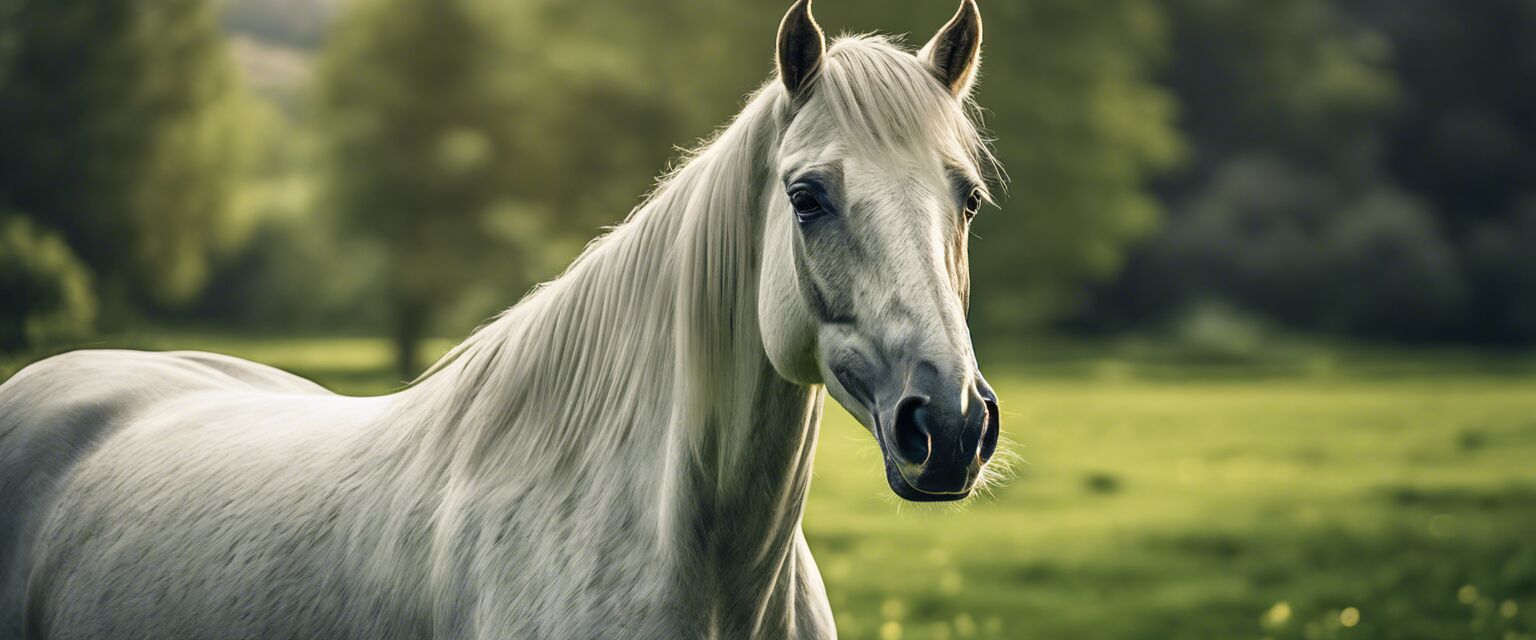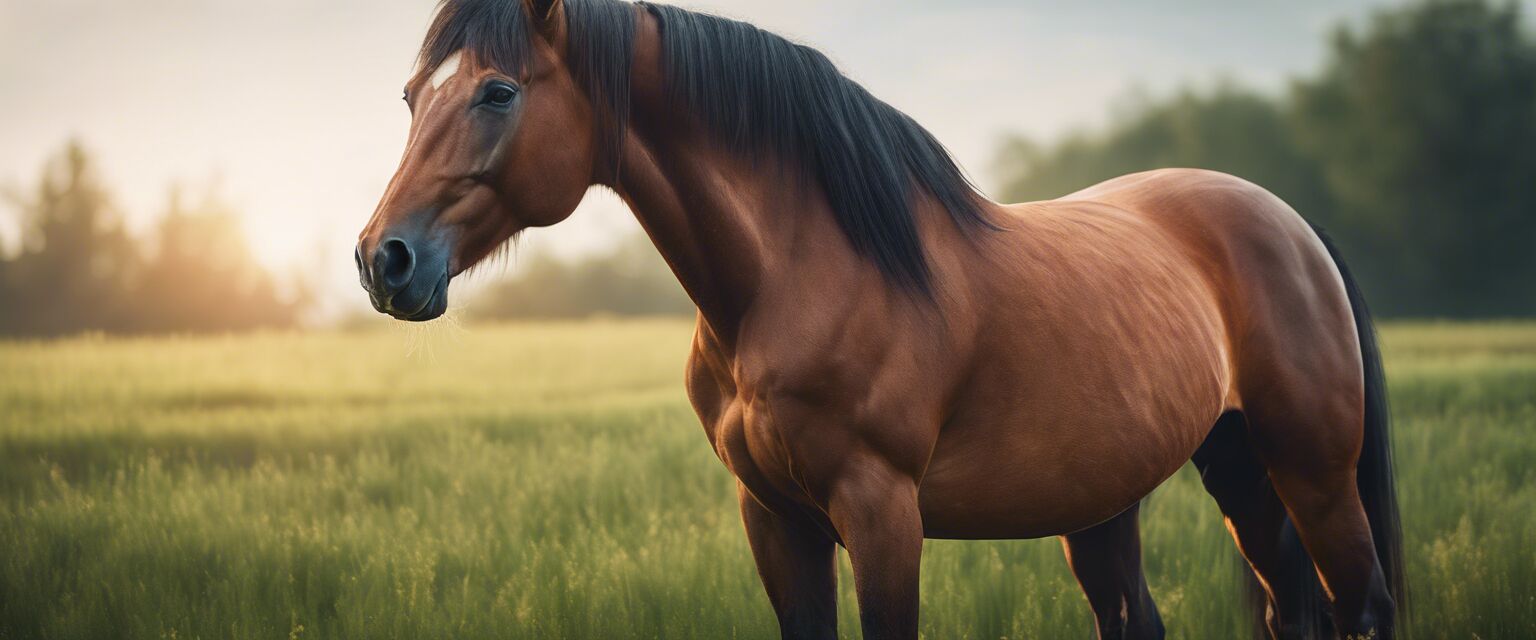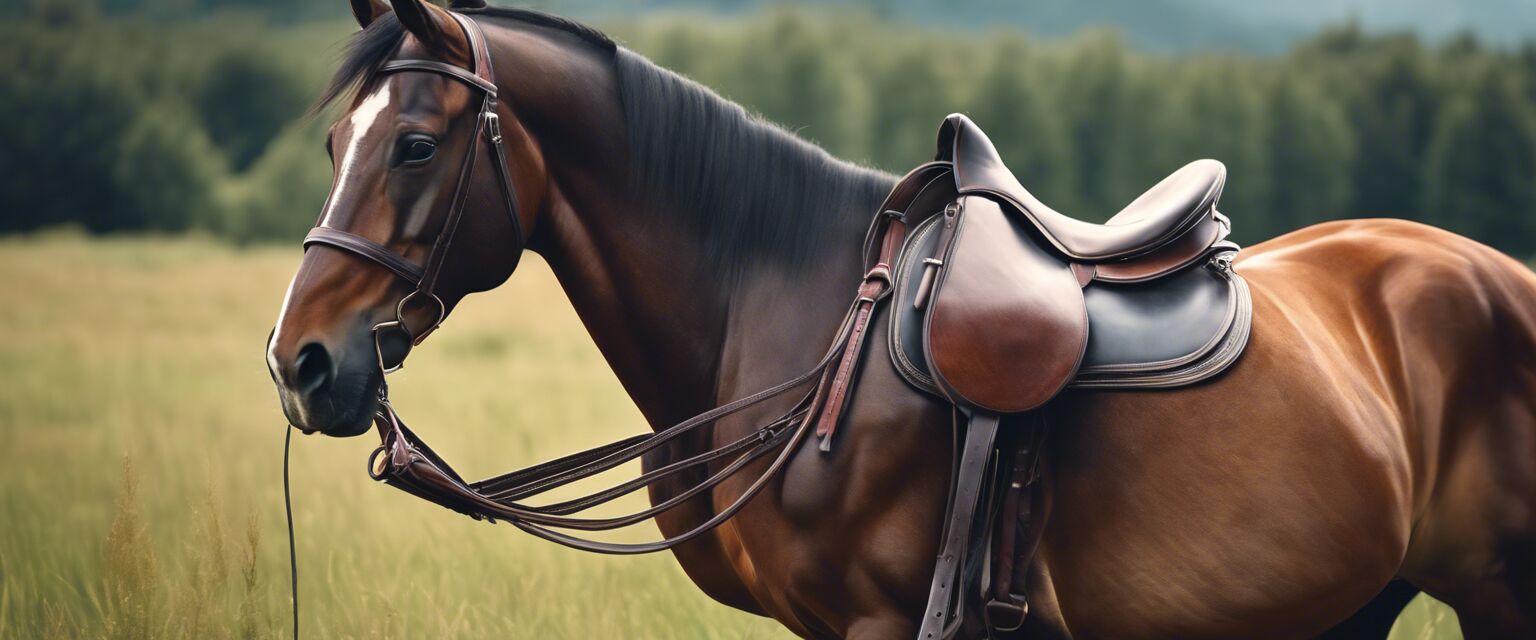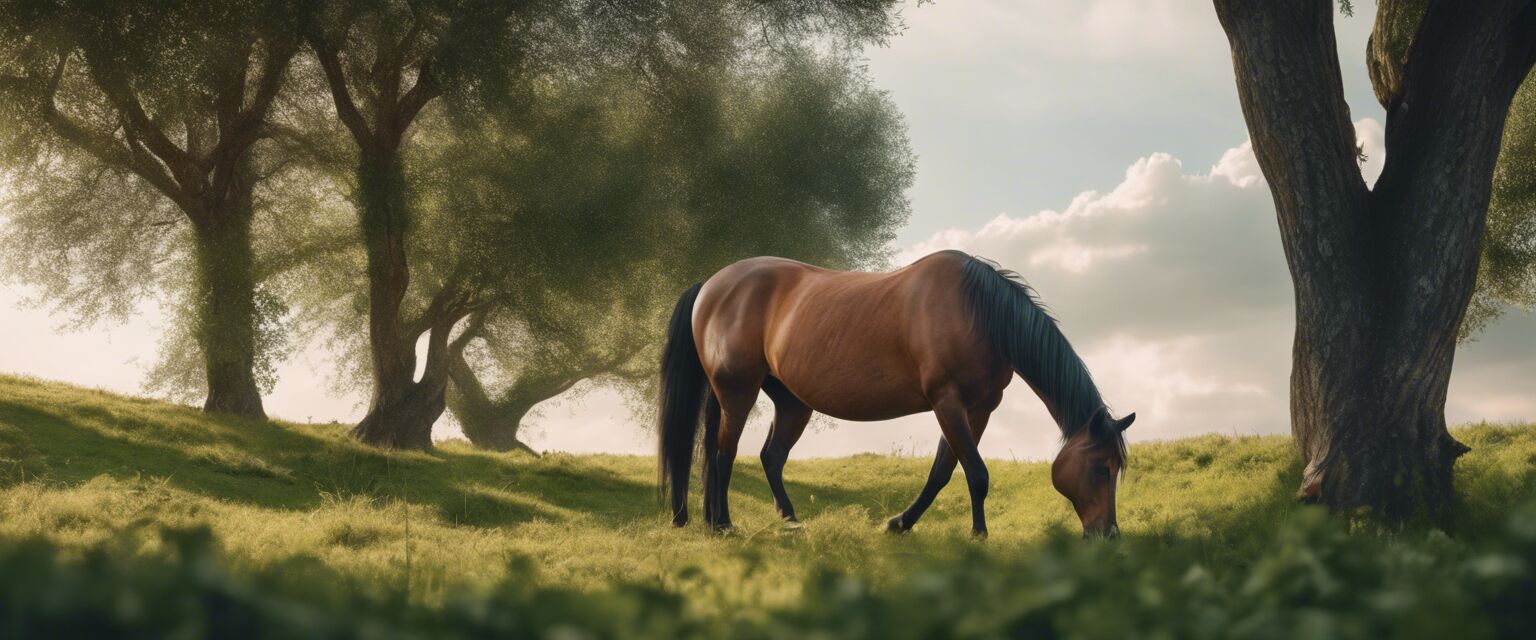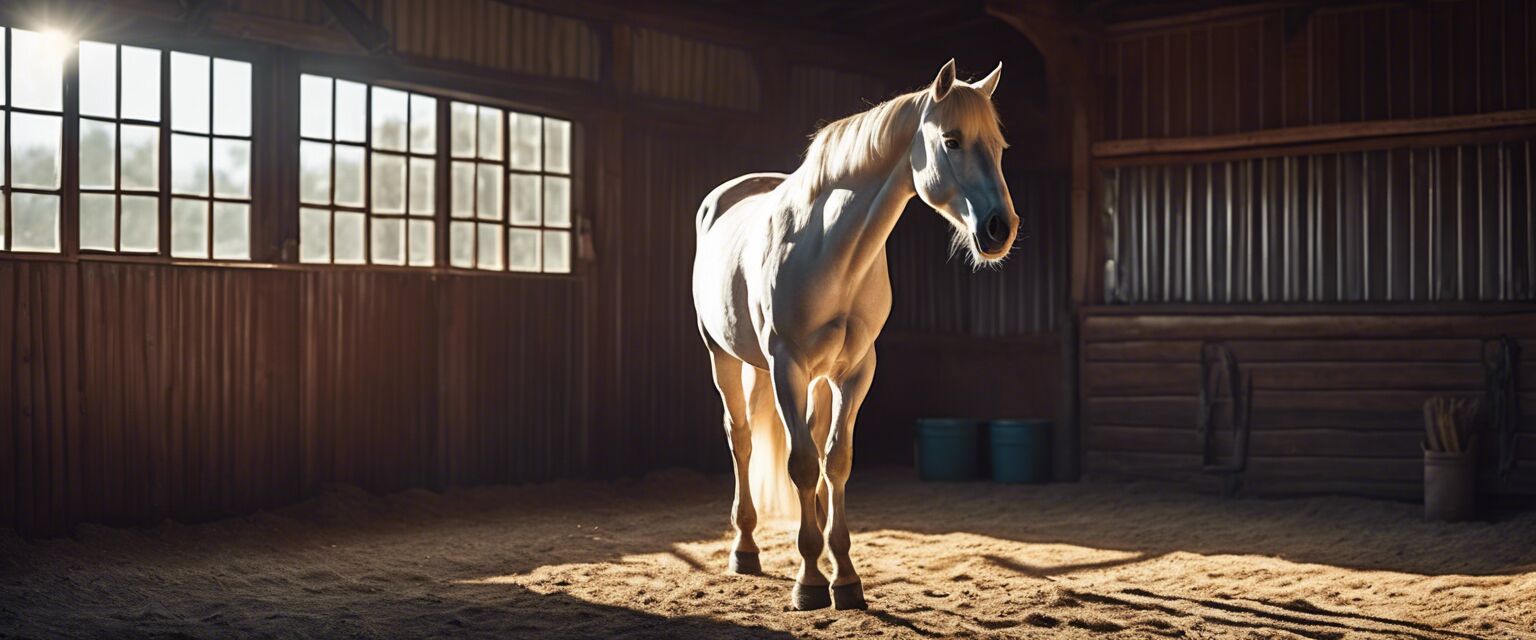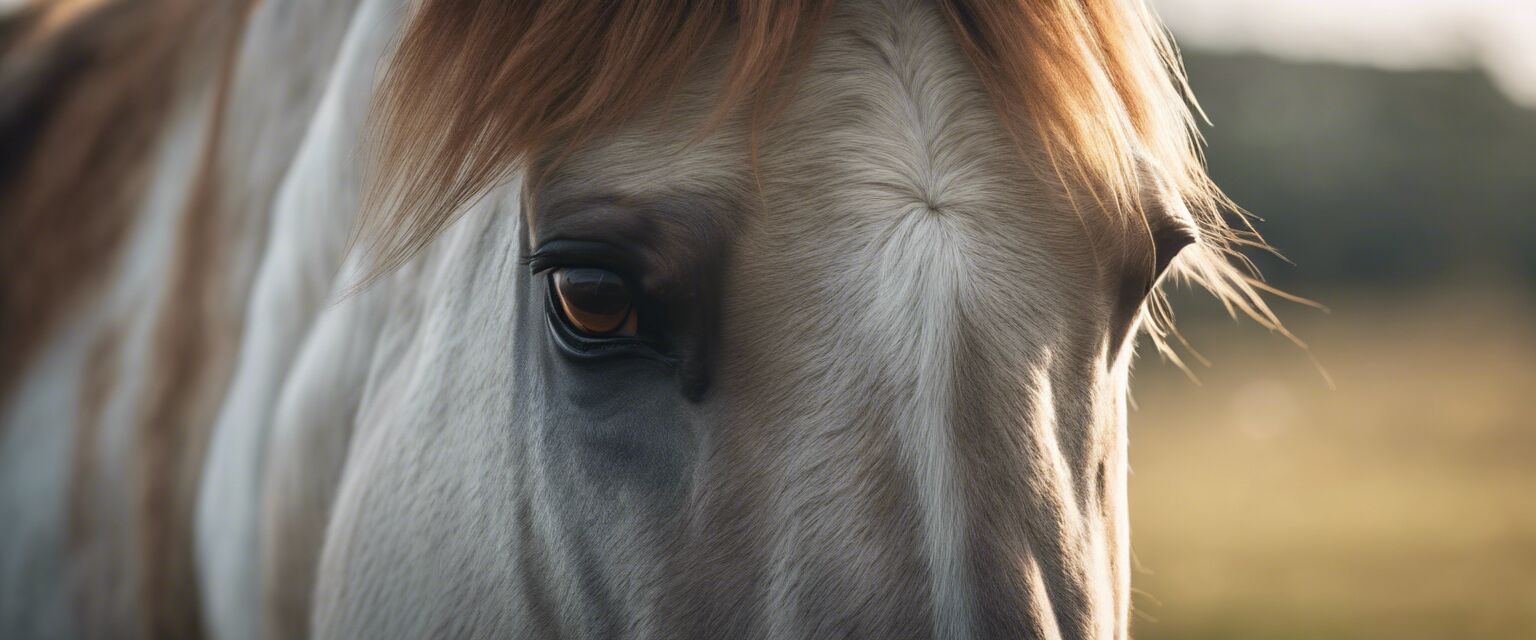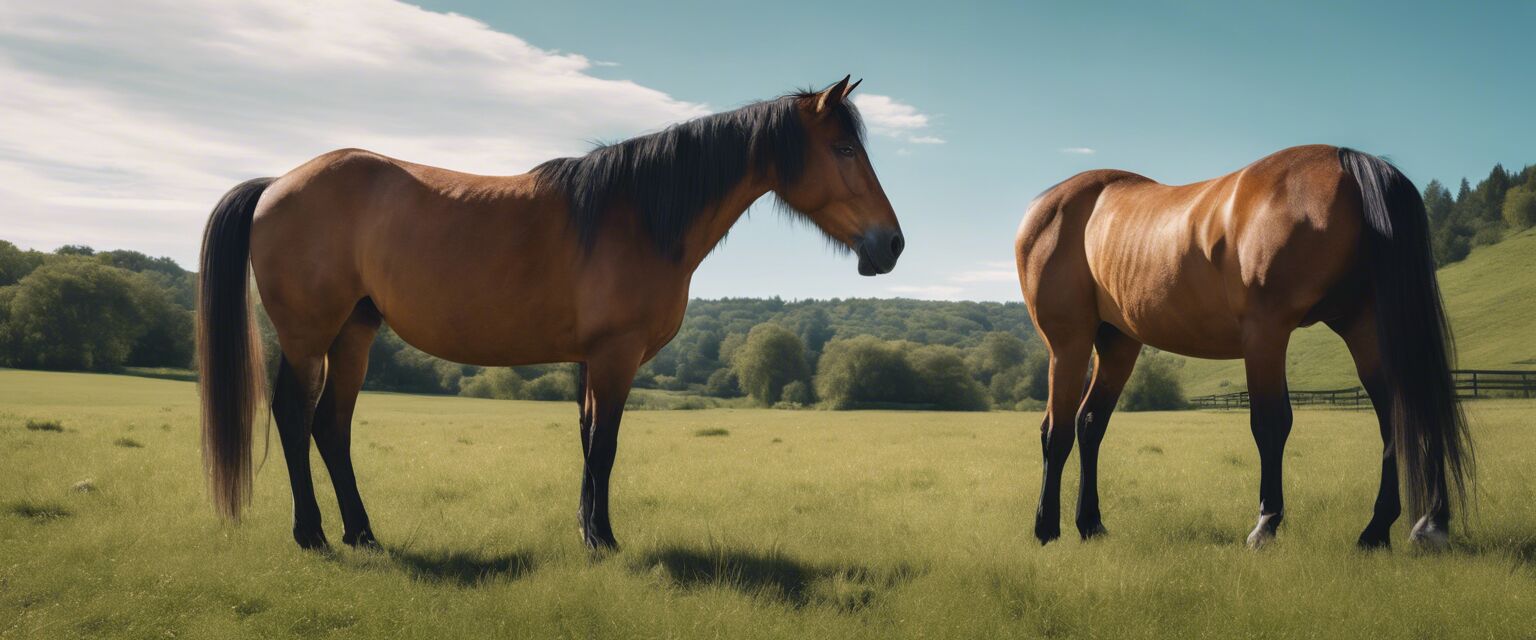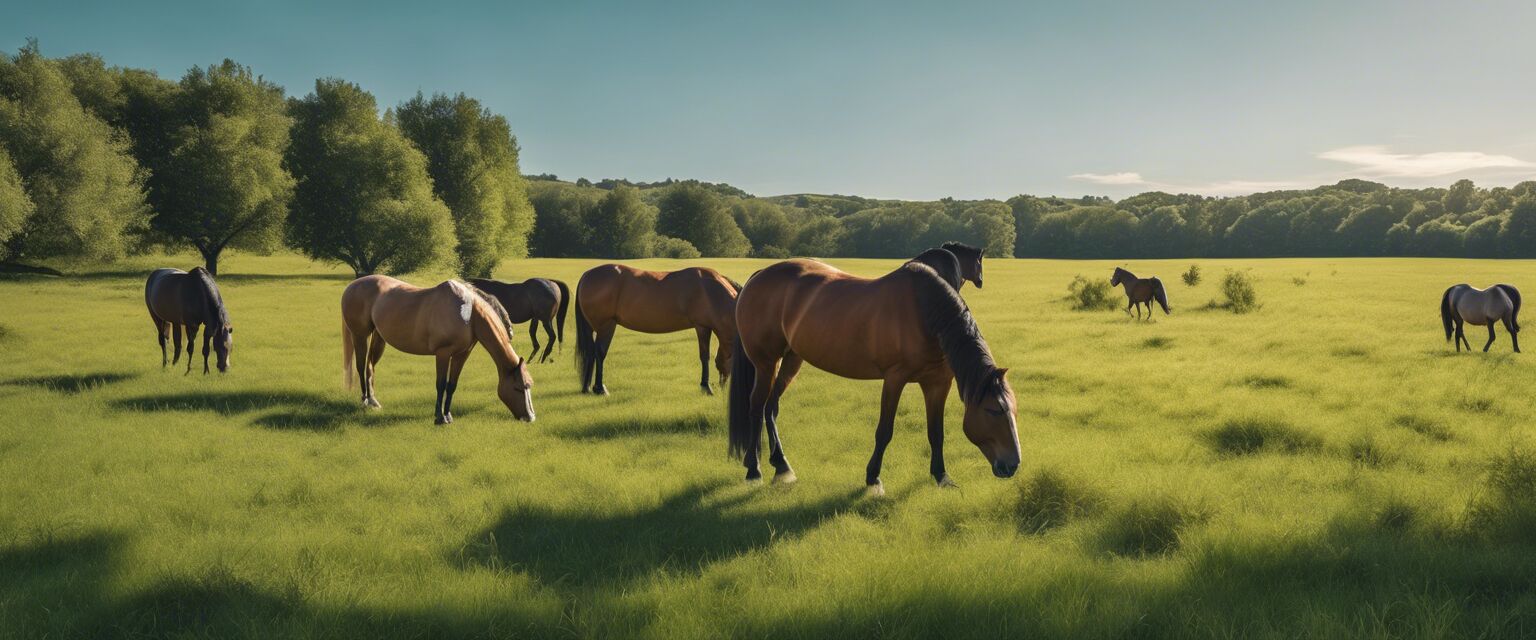
Equine Nutrition
Key Takeaways
- Understanding your horse's nutritional needs is crucial for their health and performance.
- A balanced diet includes hay, grains, and supplements.
- Regularly assess your horse's condition to adjust their diet accordingly.
- Consult with a veterinarian or equine nutritionist for tailored advice.
Feeding your horse is not just about filling their trough with hay or grain. Itâs a comprehensive practice that involves understanding their nutritional requirements, evaluating their health, and adjusting their diet according to their specific needs. This guide aims to provide you with essential information about equine nutrition, ensuring your horse remains healthy and fit.
Nutritional requirements of horses
Horses have unique dietary needs that vary based on their age, weight, activity level, and health status. Below are the primary nutritional components that should be considered:
| Nutritional Component | Description | Sources |
|---|---|---|
| Forage | The foundation of a horse's diet, providing fiber and nutrients. | Hay, grass |
| Grains | Provide energy; can be beneficial for performance horses. | Oats, corn, barley |
| Vitamins and Minerals | Essential for overall health and bodily functions. | Supplements, fortified feeds |
| Water | Crucial for digestion and overall health; should be available at all times. | Fresh, clean water |
Age and activity level considerations
The age and activity level of your horse play a significant role in determining their dietary needs. Hereâs a breakdown:
| Age Group | Nutritional Needs |
|---|---|
| Foals | Need high-quality milk and gradually introduced solid feed. |
| Yearlings | Require a balanced diet for growth, including protein and minerals. |
| Adult Horses | Diet depends on activity level; working horses need more energy. |
| Senior Horses | Easier-to-digest feeds may be necessary, along with supplements. |
Creating a balanced diet plan
To ensure your horse receives a balanced diet, consider the following steps:
- Assess Body Condition: Regularly check your horse's body condition score to evaluate their health.
- Choose Quality Forage: Select high-quality hay or pasture that meets their fiber needs.
- Incorporate Grains Wisely: Add grains only if your horse's energy requirements demand it.
- Supplement as Needed: Use vitamins and minerals to fill any nutritional gaps.
- Monitor Water Intake: Ensure your horse has constant access to clean water.

Common feeding mistakes
Even experienced horse owners can make feeding mistakes. Below are some common pitfalls to avoid:
- Overfeeding grains, which can lead to obesity and metabolic issues.
- Neglecting water quality and availability.
- Ignoring the horse's body condition changes.
- Switching feeds too quickly without a gradual transition.
Tips for beginners
- Start with a basic understanding of horse nutrition.
- Always consult a veterinarian for diet-related concerns.
- Keep detailed records of your horse's diet and any changes in health.
- Be patient and observe how your horse responds to dietary changes.
Understanding feed labels
Reading and understanding feed labels is crucial for selecting the right products for your horse. Here are key terms to look for:
| Term | Description |
|---|---|
| Guaranteed Analysis | Shows the minimum and maximum nutrient percentages. |
| Ingredients List | Lists all components in the feed; look for high-quality sources. |
| Feeding Directions | Provides guidance on how much to feed based on horse weight and activity level. |
Consulting with professionals
When in doubt, consulting with an equine nutritionist or veterinarian is a wise choice. They can help create a tailored diet plan based on your horse's unique needs and lifestyle.
Conclusion
Proper equine nutrition is vital for your horseâs health, performance, and overall well-being. By understanding their nutritional requirements and creating a balanced diet, you can help your horse thrive. Remember, itâs always best to consult with professionals when making significant changes to your horse's diet.
Pros
- Improved health and performance.
- Better weight management.
- Increased longevity and vitality.
- Enhanced coat condition.
Cons
- Requires time and effort to monitor and adjust diets.
- Can be costly depending on feed quality.
- May involve trial and error to find the right balance.

Related Topics
For more information on equine care, check out our other articles:
